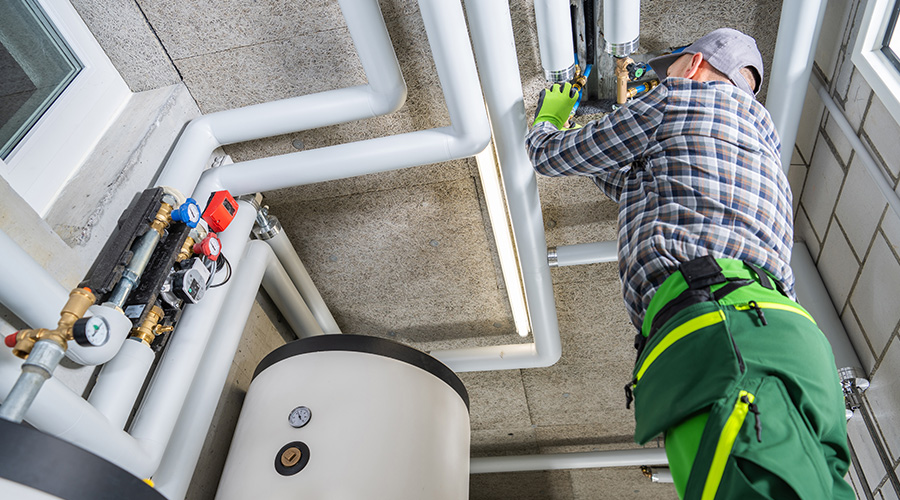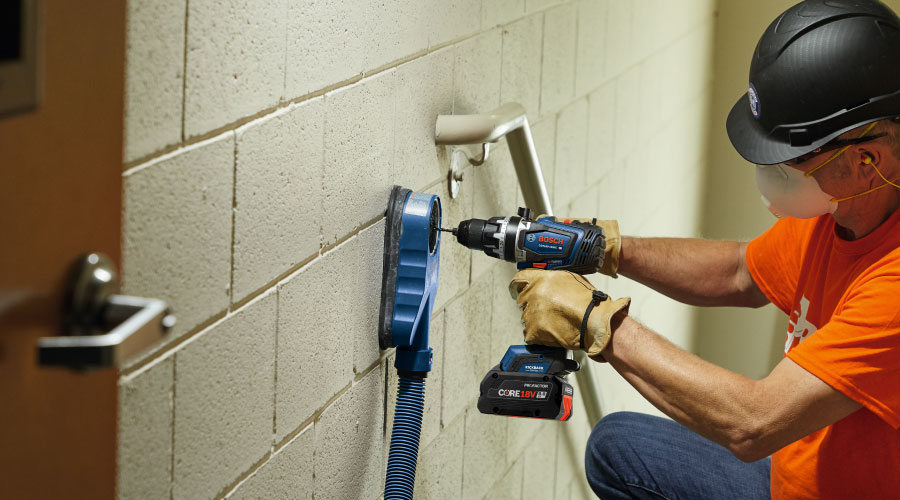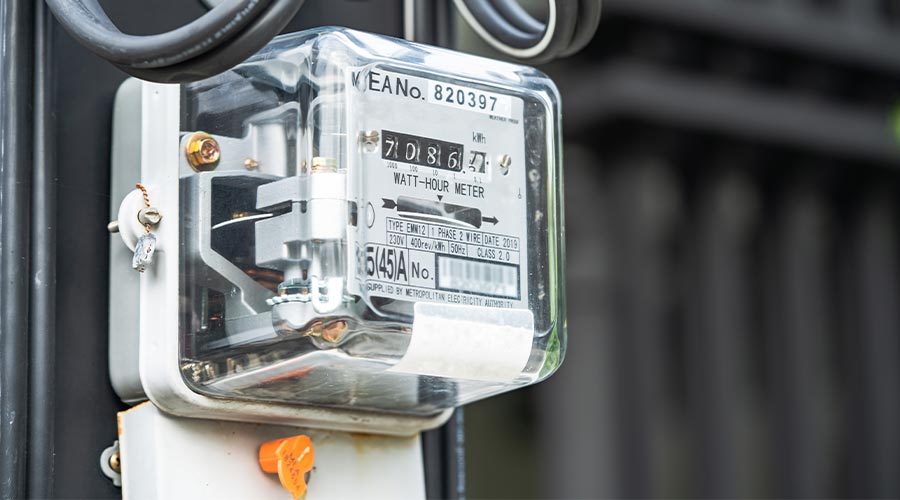Motor Efficiency: Evaluate Power Quality, Perform Maintenance
Motors and drive systems have a long useful life, but the cost of running a motor might increase significantly in the future. So energy-efficiency improvements that are not justified today might become worthwhile in a few years. In periodically re-evaluating paybacks and reliability, it is up to managers to ensure motors operate at top efficiency by keeping two issues in mind:
• Power quality. To improve motor reliability and efficiency, it is important that technicians maintain the correct voltage and phase balance, identify and eliminate current leaks, and prevent harmonics in the electrical supply. It is a good idea for an electrical engineer to review the electrical system periodically, especially before installing a new motor or after making changes to the system and its loads. Managers should consult the manufacturer before installing a motor under conditions of poor power quality.
• Periodic maintenance. It is important to maintain motors according to manufacturers’ instructions. Although energy-efficient motors with higher temperature-rated insulation might be able to handle higher temperatures and other abuse, there is no reason to reduce maintenance. Motors require proper ventilation and periodic inspection for increased vibration or power-supply problems.
Related Topics:















